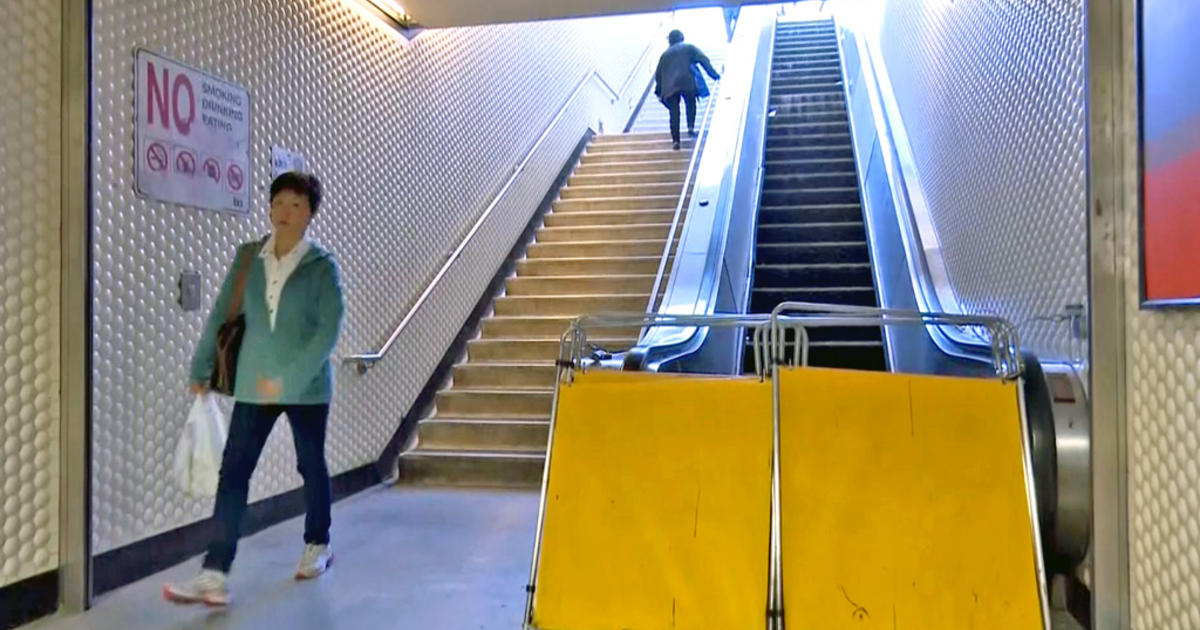California Employment Laws You Need To Be Aware Of In 2017
Every year, business owners need to understand the ever-changing business laws for the state in which they reside. In California, there were brand new labor and employment laws that went into effect in 2017, many of which small business owners need to be aware of and understand.
Business permits
In many places, the laws vary on whether entrepreneurs need a business permit to run their businesses, even if they run it from their home. In California, if you operate any sort of business, you need a general California city business license. This includes all small business and home-based businesses, even those that make very little money. There is not a California state business license bureau, but you can find your own point of contact at the California State Board of Equalization (BOE).
Tax information
Everyone who runs a business in California, whether it is a home-based business, small business or large corporation, needs to file taxes based on income made in the business. These include state taxes, employee taxes and federal taxes. The California Tax Service Center offers help with state taxes, and the IRS offers all the information needed about Employer ID Numbers and federal tax information.
Minimum wage laws
California passed a law that will raise minimum wage for all employees of businesses with more than 25 employees. This law will see the minimum wage reach $15 an hour by the year of 2022, and that all started on Jan. 1, 2017, when the minimum wage was raised from $10 to $10.50. However, when it comes to small business owners with fewer than 25 employees, there is no state-mandated hourly pay increase in 2017. That said, these owners need to remain prepared for 2018, when they will have to pay $10.50 an hour minimum.
California overtime laws
California has some specific overtime payment laws that business owners need to be aware of in 2017. In California, anyone who works more than eight hours in a day will be paid time-and-a-half for those extra hours. Anyone who works more than 12 hours in a day is paid double-time for anything over 12 hours. There is also a law for working seven days in a week. Anyone who works seven days in a week gets time-and-a-half for the seventh day, or double-time for anything over eight hours on that seventh day. Businesses who try to circumvent that by misclassifying an actual employee as an independent contractor can face up to $25,000 in fines.
Inclusion laws
California has passed a number of laws that aid in the equal treatment of all employees. The California Fair Pay Act now, not only includes equal pay for men and women based on substantially similar jobs, but also includes race and ethnicity when promoting equal pay. The "All Gender" Bathroom Bill was also passed, which disallows businesses from classifying a "male" and "female" bathroom on a single-user toilet facility. The state also passed a new law that forces all employers to let employees know about the rights to take protected time off from work when dealing with domestic violence, sexual assault or stalking.
This article was written by Shawn Lealos for CBS Small Business Pulse.



